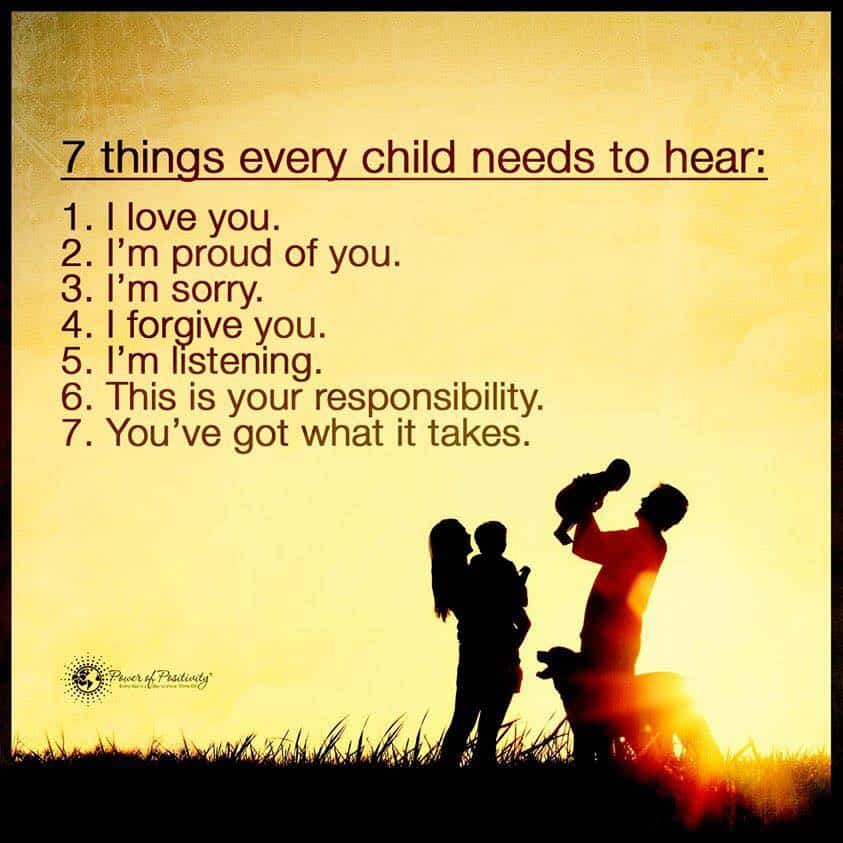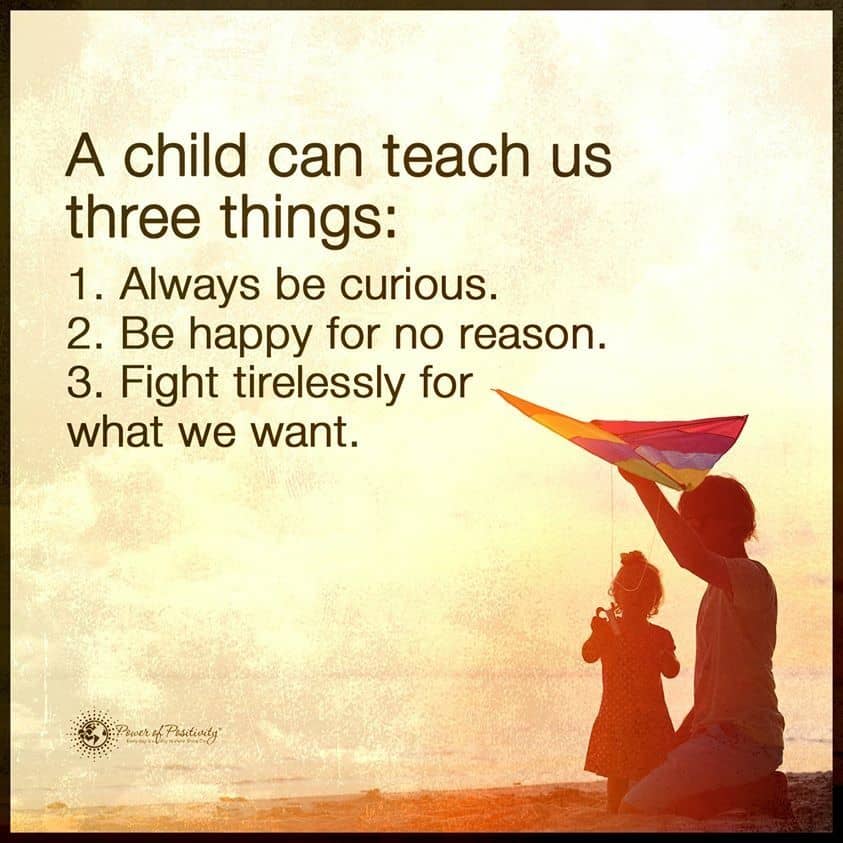Sometimes, saying “I love you” just doesn’t convey the message we want, as surprising as this may seem. What words could stand up to that almighty phrase that supposedly marks the ultimate level of affection and adoration? Actually, some words, in certain situations, could convey more than “I love you.” It all depends on the context and situation. But if you want to explain your feelings to someone you care for and love, know that you don’t have to be limited by those three little words.
The words “I love you” carry so much meaning behind them, but sometimes, we need something else to fulfill us. The following phrases carry the same message as those three words, just said a bit differently. So, let us explain a bit further; below, you’ll find five unique phrases that you can use in addition to, or in place of, “I love you.”
5 Things To Say When “I Love You” Isn’t Enough
“I love you not only for what you are, but for what I am when I am with you. I love you not only for what you have made of yourself, but for what you are making of me. I love you for the part of me that you bring out.” —

1. “I believe in you.”
In a relationship, you must believe in each other and lift each other if you want it to last. In true power couple relationships, both parties genuinely want the best for their significant other, even if it means spending less time with them or making other sacrifices. It seems more difficult to succeed than ever, and saying those four words to your partner can mean the world to them when we have so many obstacles to overcome. Maybe they’ve been struggling with self-esteem issues, saying things like “Can I really do this?” So, be that person that reassures them that they’ve got this, and you believe in them.
2. “Leave the past behind you.”
We all get lost in our past every once in a while. Whether good or bad, memories can eat us alive and cause us to become stagnant. If you notice your partner dwelling too much on past events, remind them to live in the present, because that’s all we’ve really got. Leaving the past in the past will free up a lot of time to spend together as a couple, and to work on making the present an absolute dream to live in.
3. “Because I love myself, I can also love you.”
At the heart of every healthy, happy relationship are two people who have so much love for themselves, that they can’t help but give some of it away to others. Letting your partner know that you really do love yourself will let him or her see that they’ve got a true keeper – someone who values and cares about the person staring back at them in the mirror. Self-love is important in relationships. That’s because you can’t possibly give when your cup is empty.
4. “We’ve got this!”
Accomplishing something together serves as a great bonding experience for couples. If you both have a common goal, working on it together and actually setting out to do what you had planned will help you grow closer. It’s easy to feel lonely and desolate today, so letting your partner know you have their back will mean a lot to them.
5. “Thank you.”
We say these two words daily when someone makes our coffee at Starbucks or holds the door open. However, have you ever stopped to thank your partner for all they do for you? We thank so many people daily, but how often do you stop and thank our guy or gal for helping, listening to, being there for us, and watching us grow? Your partner, no matter how long you’ve been with them, has helped to shape you into what you’ve become today, in one way or another. They’ve stood by your side relentlessly, even when it seemed difficult. So, saying “thank you” can mean much more than we think if spoken from the heart.
Obviously, you chose your partner for a reason, so let them know how much you appreciate and care for them, whether you say “I love you,” or one of these other heartfelt phrases above.













